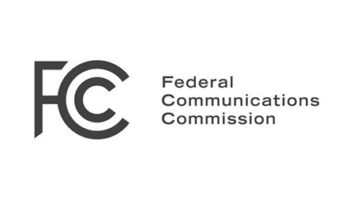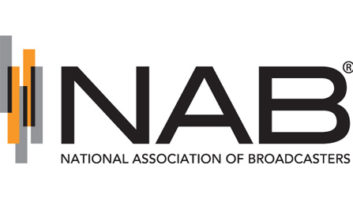The first part of our series about FM translator stations looked at basic regulatory aspects. The second approached the topic from the perspective of a translator licensee, in particular a licensee of an in-contour fill-in translator carrying an AM station or HD sub-channel. Then we looked at challenges faced by AMs that wish to acquire FM translators. See prior articles at radioworld.com/translators.
This part considers possible objections from full-service stations about interference.

iStockphoto/Robin Olimb Look at FM translators from the perspective of an existing FM station: There is always the risk that a newly granted FM translator will interfere with established radio listening.
In the past several years, the FCC has received a number of complaints from existing stations alleging interference from FM translators.
While some interference complaints have been legitimate, many others were procured by existing stations from friends, advertisers and loyal listeners doing a favor, to enable the existing station to claim signal coverage far beyond any listenable coverage area. A number of FM translator licensees have spent significant legal fees and resources defending against ill-founded interference complaints.
I OBJECT
Under current FCC rules, an existing FM station has two opportunities to object to a new or modified FM translator based upon interference.
The first is at the translator application stage, when an objection may be filed under Section 74.1204(f) of commission rules. A Section 74.1204(f) objection establishes that an existing station has legitimate listeners within the proposed FM translator’s 60 dBu contour and such listeners, as a matter of undesired-to-desired predicted signal strengths, will be subject to interference. If there are such legitimate listeners within the translator’s proposed 60 dBu contour, the FCC will deny a grant of the FM translator application.
The second opportunity for existing FM stations to object to an FM translator based upon interference is under Section 74.1203(a)(3) of the rules once the translator is on the air. If actual interference occurs to the regularly received signal of a bona fide disinterested listener, the FM translator must remediate the interference if requested by the listener, or absent successful remediation, power down or leave the air.
This is a harsh result that, at least to date, the FCC has been reluctant to order, unless there is clear and unrefuted evidence of interference to the regularly received signal of bona fide disinterested listeners.
ON THE BORDER
Because AM licensees soon will be applying for many new fill-in FM translator facilities, it may be time for the FCC to circumscribe borderline translator interference complaints by limiting complaints to the first year of a fill-in FM translator’s operations and by giving cognizance only to interference claims within an existing station’s protected contour.
Such limitations would protect an existing station’s service area from harmful interference while at the same time safeguarding against the potential disruption of enhanced FM translator service for an AM station caused by an ill-founded or untimely interference complaint.
These safeguards would give reliability and reception stability to fill-in FM translators carrying AM stations.
Because of the vague interference standards that currently apply to FM translators, putting significant resources into buying or applying for an FM translator is a risky proposition. There is a good argument that FM translators that serve as a fill-in service to either an AM or HD sub-channel primary station should be accorded certain safeguards. Going forward into AM revitalization, broadcasters and the radio listening public would be well served by changes in FCC policies that reduce the risks and bring an expectation of continuing service from fill-in FM translators.
SAFEGUARDS
This concludes our discussion about FM translators; I welcome questions for a followup article.
The two immediate issues for FCC resolution are making FM translators more generally available to AM broadcasters in order to enhance programming services delivered, and safeguards for existing fill-in translators as to what constitutes actionable interference.
In my view, a focus by the FCC on the AM revitalization benefits brought by translators, rather than simply upholding current regulatory procedures, would benefit both broadcasters and the listening public. With respect to interference issues, fill-in FM translators are enhanced reception service to many people. Any two FM signals in a co- or adjacent-channel relationship will always create some area of interference. The challenge for the FCC is to act on interference complaints only when demonstrable existing listening patterns of bona fide listeners without a connection to the existing station are being substantially impaired.
Questions and comments are welcome; send to Radio World or to John Garziglia ([email protected]).
The author is a veteran radio and television attorney offering assistance in all areas of Federal Communications Commission law in the Washington offices of Womble Carlyle. Opinions are his own.












